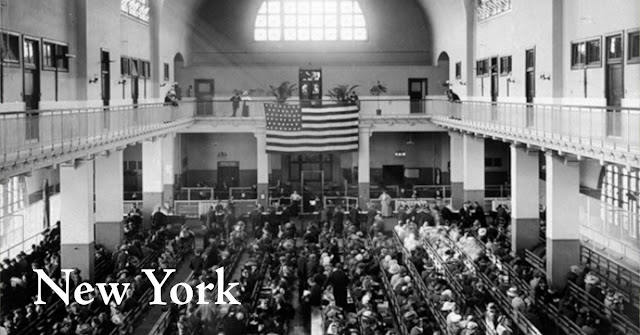American Politics in 2025
Henry Adams defined politics as “the systematic organization of hatreds.”[1] Though Adams was speaking of Massachusetts politics at the turn of the twentieth century, the observation captures something enduring about the American experience: the tendency to approach politics not as a domain for public policy, but as an arena in which to reinforce privilege and reimpose domination. Wilhoit’s Law summarizes the conservative (or possibly revanchist) proposition this way: “There must be in-groups whom the law protects but does not bind, alongside out-groups whom the law binds but does not protect.”[2] This antagonism, with its focus on group identity, manifests the culture war: the overt political contest over contentious policy outcomes (including abortion, sexuality, marriage, and secularism), overlaying a more fundamental contest between those cultural dispositions which underwrite our attitudes and values but go deeper than our ability to articulate or reason about (fear of extinction,...


